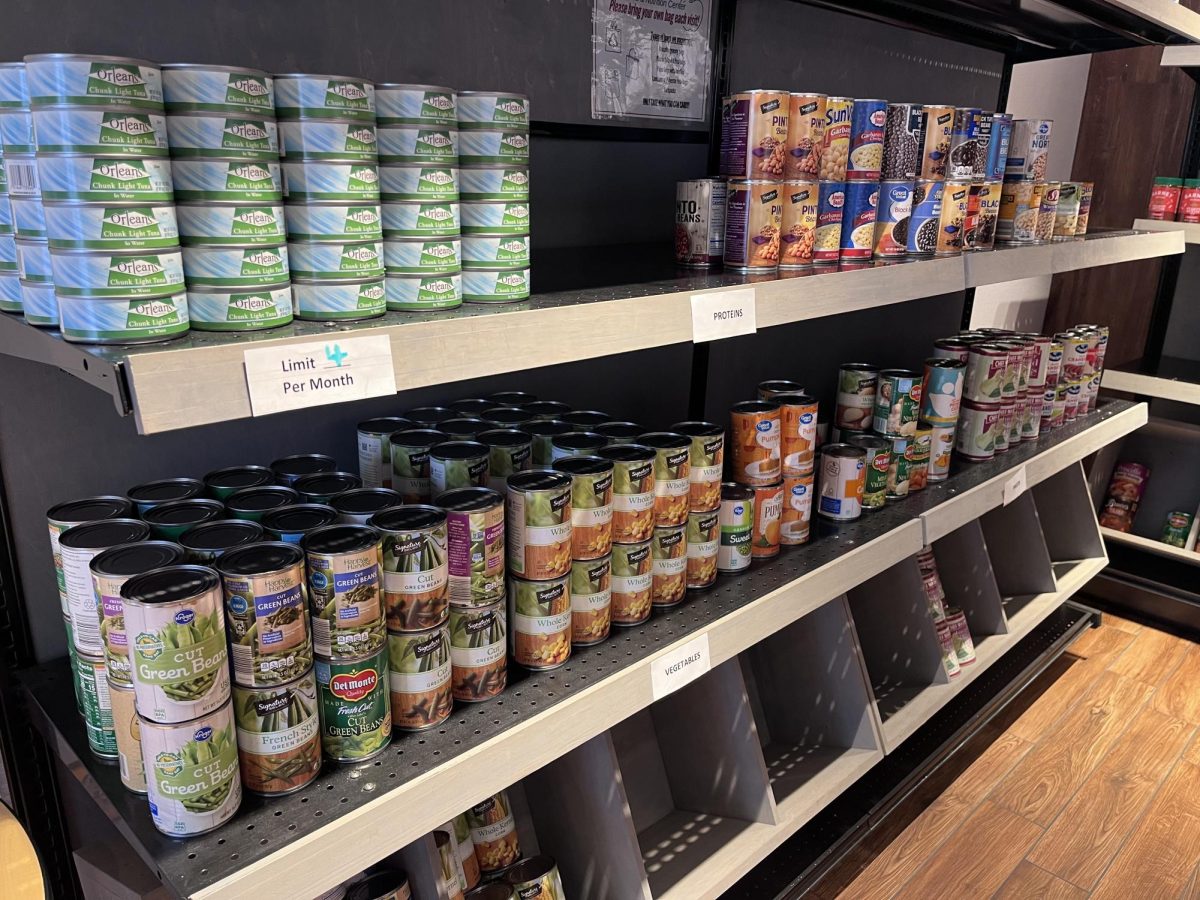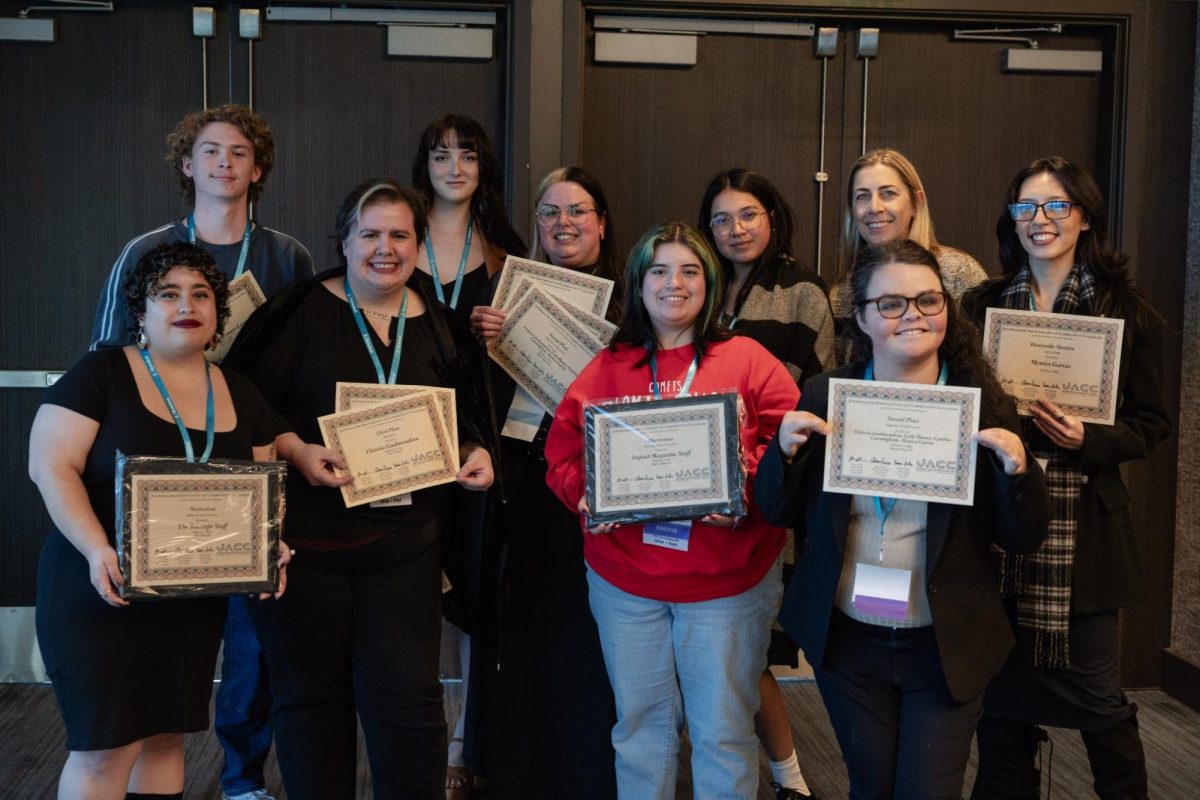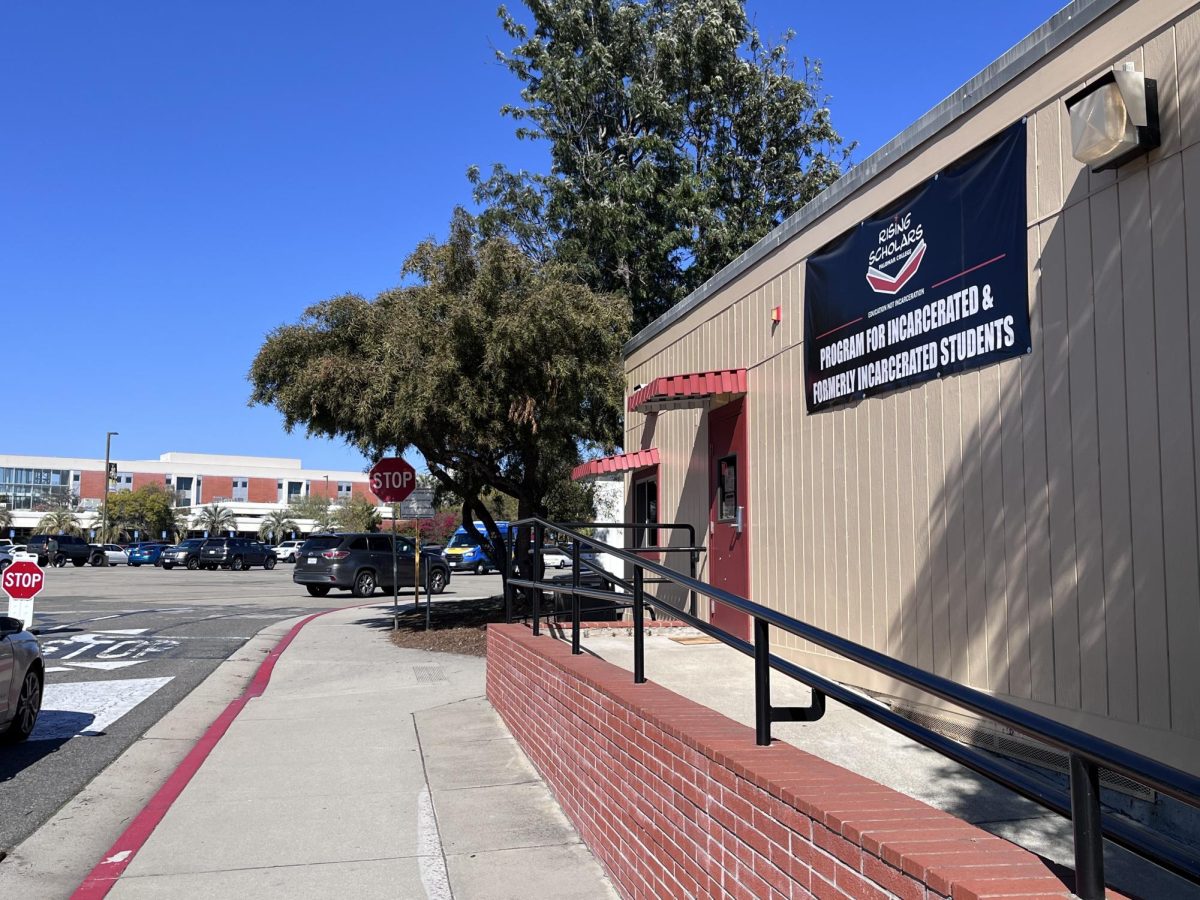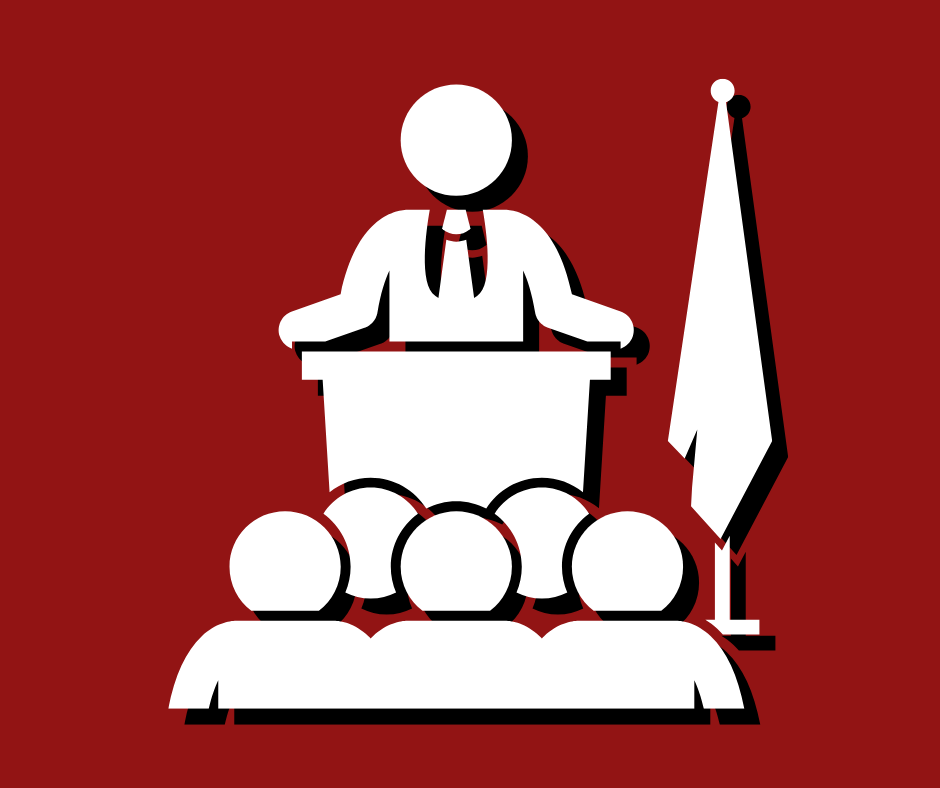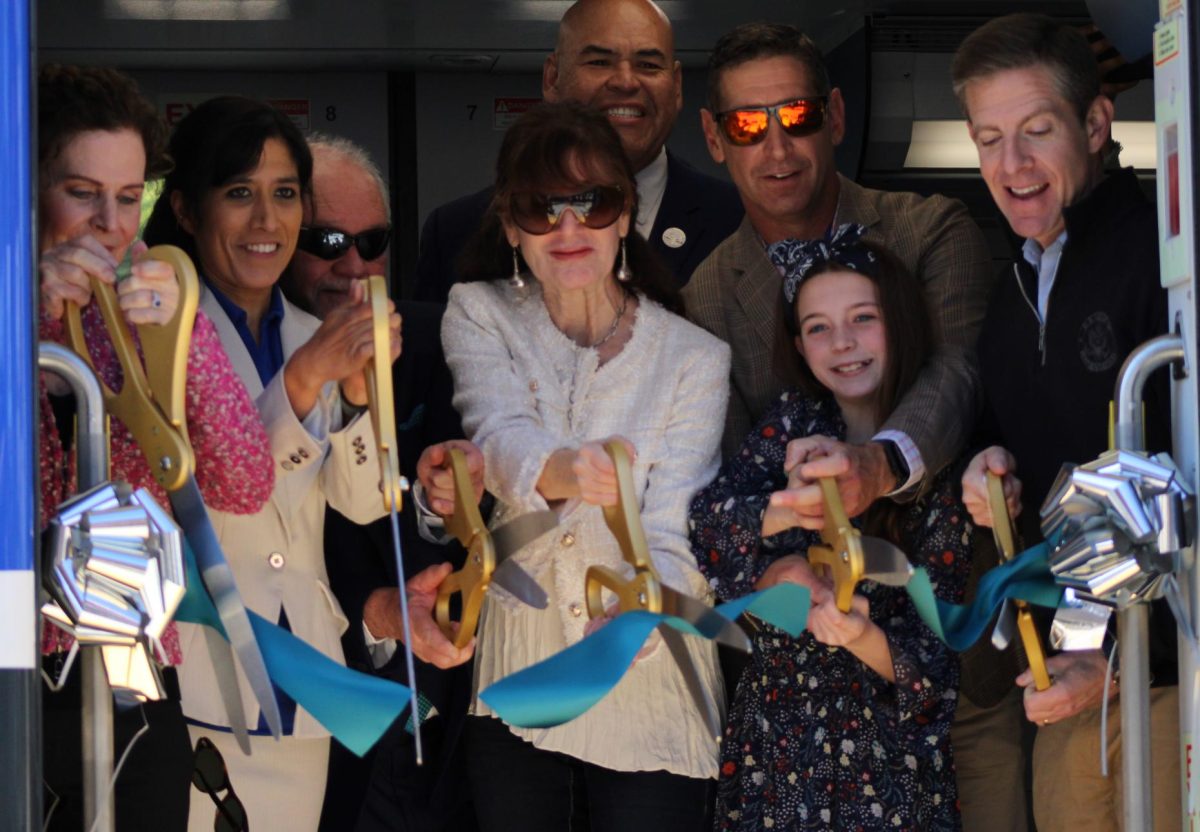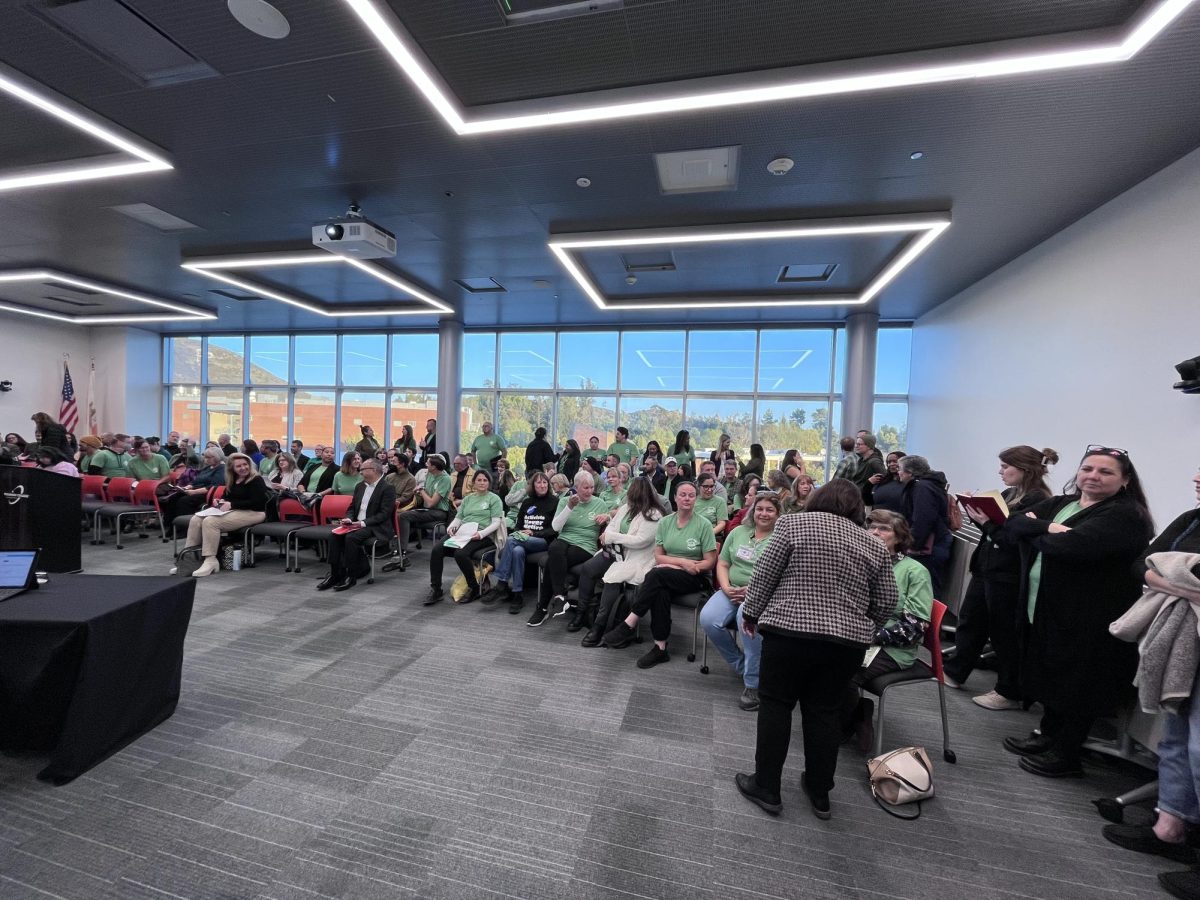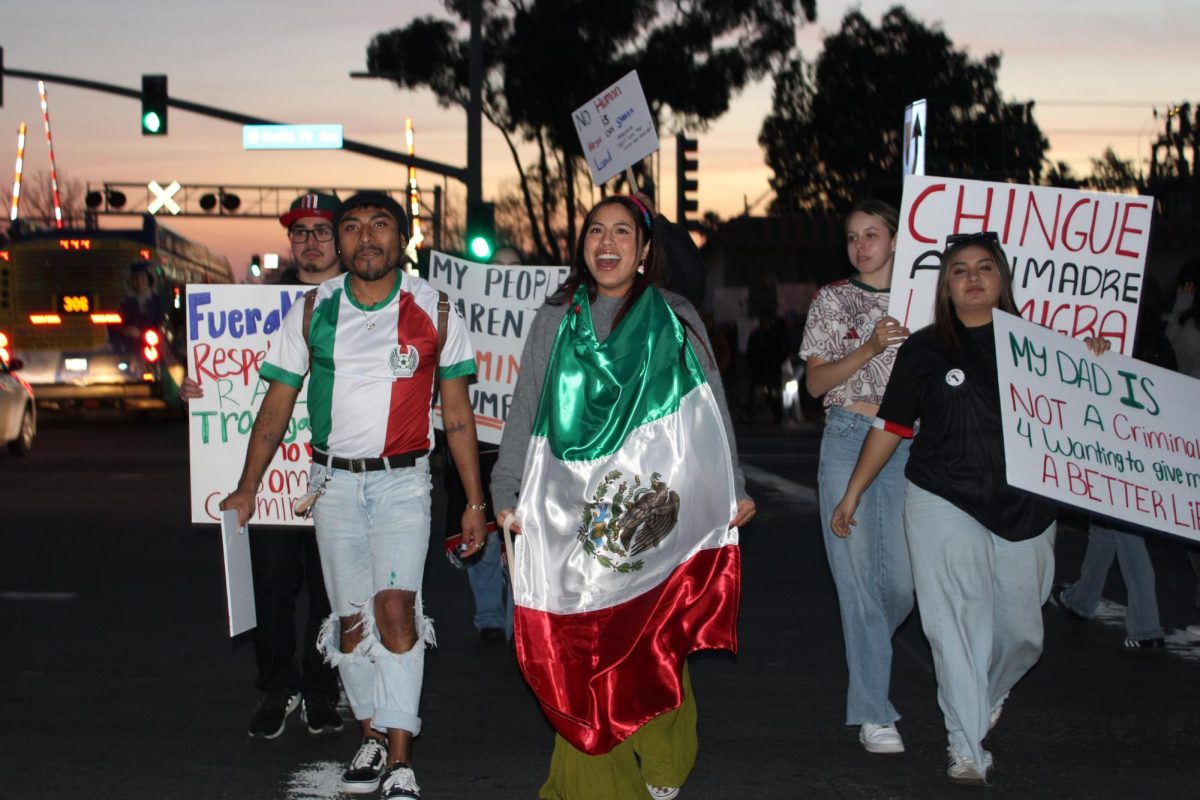Palomar College hosted Domestic Violence Unity Day Oct. 01 to show the impact domestic abuse and sexual abuse can have on Palomar College students and staff.
In honor of October being Domestic Violence Awareness month, Palomar officials wanted to let students know of the physical and mental health support Palomar’s health center and partner Center for Community Solutions has for victims who have faced abuse.
“Our domestic unity day event is intended to bring about awareness for students and educate them on healthy relationships and learn how to prevent unhealthy relationships that lead to sexual assault, domestic violence, dating violence, bullying and things of that nature,” Palomar Health Center staff assistant Lenka Schalke said.
Alongside Palomar’s health center is the Center for Community Solutions that provide services from attorneys who guide victims of abuse and assault through their cases to counselors and therapists who help victims feel heard.
“We really focus on the empowerment model,” CCS counselor leader Corinne Sylvestre said. “We want to focus on giving people options, making sure they know what their rights are, our resources. We are not there to have the savior role, where we want to tell people ‘this is what you should do, leave the relationship right away.’”
Sylvestre added that she believes it is important for victims to seek resources even though it is scary trying to find people who will listen to them without judgment.
“It’s normal to have fear,” Sylvestre said. “We try to make sure we focus on that we believe them, that people know it is never their fault what has happened, it is someone else’s decision to abuse or assault. We really want to work with people letting them know what their options are, that we won’t force them to make certain decisions or use certain services, but we definitely want to make sure we validate that it is a scary situation.”
In reply to the fear victims face when seeking refuge, CCS staff attorney Sadaf Hane added that, in today’s society, there is more openness to victims and more resources available that do not judge victims no matter their background.
“People are slowly coming to grip that reality, and it helps our model of prevention awareness,” Hane said. “The more we realize that the more people are willing to reach across those line and help other people, as opposed to staying in segregated camps. As far as the legal aspect goes we have incorporated legal services into our role, and I think it’s really incredible and life changing.”
Hane added that there are many different legal procedures a victim can go through.
Whether they need a child support order, a spousal support order so they can get back up on their feet, an accommodation under the law on campus or at work to make them feel safer to do their job, or whether it’s getting them a civil protective order so that abuser stays away under the umbrella of civil legal services.
“That victim-blaming culture permeates every facet of society,” Hane said. “I can speak to it in the legal system. I’ve had plenty of cases where even judges turn and blame the victim saying ‘you shouldn’t have been drinking that much, change your behavior.’ It shouldn’t be about the victim changing it should be about recognizing abuse. Perpetrators should be responsible for their behavior.”
Hane added that domestic abuse can go beyond hitting and verbal abuse, but can also lead to sexual abuse. Hane explained that many spouses face sexual abuse within the same relationships. Hane added that though it may not be commonly spoken about marital rape occurs often, and it is highly destructive to the victim’s health.
Hane added that she believes talking about abuse is one of the most important things everyone can do to help victims.
“I think just getting the word out there and bringing about more awareness whether it’s through presentations, article, editorials, or anything expressive helps people know there are others out there and resources out there for them,” Hane said. “Spreading awareness will hopefully change the paradigm and really embrace victims coming forward and talking about it.”


